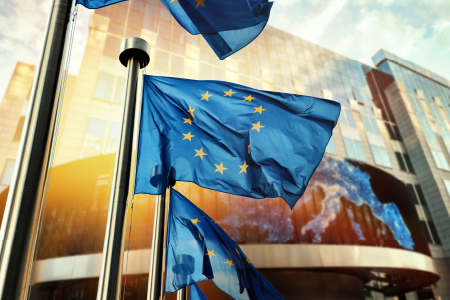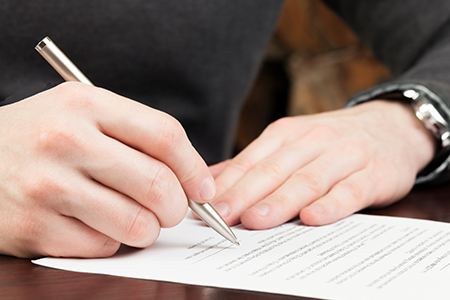State of E-Invoicing in Norway
Norway is considered one of the most advanced countries when it comes to exchanging electronic business documents. It has often been a pioneer in digitizing new areas, with the Norwegian government in particular running all kinds of projects, closely followed by the Norwegian business community.
The private sector has embraced digitization, and today far more electronic business documents are exchanged between companies (B2B) in Norway than between companies and the public sector, despite B2G e-invoicing legislation.
B2G is Mandatory: Since 2019, suppliers to public authorities have been required to send e-invoices. This makes Norway a leader in mandatory B2G e-invoicing.
B2B Gaining Traction: Though not mandatory, B2B e-invoicing is rapidly growing due to its efficiency and cost-saving benefits.
There are several reasons to why electronic invoices outstand PDF-based and papers invoices:
• E-invoicing improves the overview of invoices and taxes
• It provides a quick and accurate overview of individual transactions
• E-invoices streamline the invoicing process
• E-invoicing saves costs in processing and delivering invoices (e.g. printing, postage, etc.)
• It eliminates the requirement to display invoices on websites
• It eliminates barriers for businesses to cross-border communication and electronic invoicing between EU countries
B2G E-Invoicing in Norway
Norwegian e-invoicing legislation is based on EU Directive 2014/55/EU. In Norway, there is mandatory B2G legislation. This means that Norwegian companies, in their role as suppliers to the Norwegian public sector are required to send electronic invoices and credit notes.
E-invoices must comply with either Peppol BIS 3.0 or EHF Billing 3.0 formats, ensuring seamless communication with public entities. The Peppol network has benefited from Norwegian support, with the Norwegian side dedicated to the Peppol standard and most initiatives coming from Norway. In terms of electronic exchange, this is rooted in the use of Peppol standards, both in terms of the formats exchanged and the network on which they are exchanged.
The Peppol standard format Peppol BIS Billing 3.0 must be used. When sending from Norwegian suppliers to Norwegian customers, there are a few extra rules in addition to the Peppol standard that the Norwegian supplier must follow. When sending from non-Norwegian suppliers to Norwegian customers, the Peppol standard must be used.
ELMA Platform: The Elektronisk mottakaradresseregister (ELMA) acts as the central registration hub for public entities that receive e-invoices.
Secure Storage: E-invoices must be archived securely for five years.
B2B E-Invoicing in Norway
Electronic invoicing has become an integral part of business transactions. This development has been accelerated by obvious user values: process efficiency, lower costs and security. Another strong driver is the improved availability resulting from the expansion of the Peppol network. Nor should we underestimate the importance of national legislation.
But perhaps the most transformative outcome of the growing use of e-invoicing is technological know-how. Companies are becoming more digitally savvy and are changing their view of how new technologies can handle sales and purchasing transactions.
While not mandatory, B2B e-invoicing offers faster processing, reduced errors, and improved cash flow. Businesses can choose from various e-invoicing solutions like web applications, EDI providers, and specialized software. As more businesses adopt e-invoicing, the network expands, creating further efficiency gains.
Companies with a turnover of more than NOK 5 million must report to the Norwegian tax authorities using the standard SAF-T format. The SAF-T format contains data about the company's accounting and is often generated directly from the financial system.
A CTC clearance model has not yet been defined in Norway, but there are indications that Norway will rely on the Peppol network for tax clearance in the so-called Peppol CTC model.
Looking Ahead
Norway's e-invoicing landscape is dynamic and continuously evolving. By staying informed about regulations and exploring available solutions, businesses can unlock the power of digital invoicing and thrive in the competitive Norwegian market.
E-invoicing is becoming increasingly important in both B2B and B2G transactions across Europe. A few years ago, it was mostly voluntary and only those who were aware of the security, convenience and data automation benefits of e-invoicing took advantage of it. Today, if you are a company registered in Norway or have Norwegian business partners, you need to comply with B2B e-invoicing regulations both in Norway and in your country of registration.
If you need to fulfill the e-invoicing requirements not only in Norway, but also other countries, make sure you choose an international e-invoicing provider. At SPS Commerce, we elevate more than 120,000 companies around the globe with secure and compliant electronic invoicing solution.




